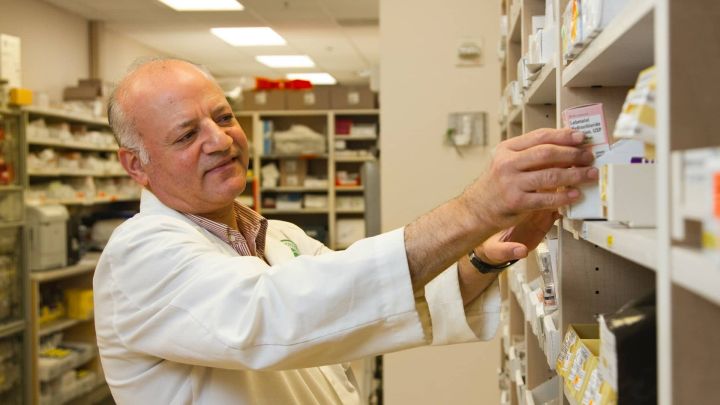Recently, the FDA has granted orphan drug designation to Ezurpimtrostat, a PPT-1 inhibitor for the treatment of patients with hepatocellular carcinoma (HCC).
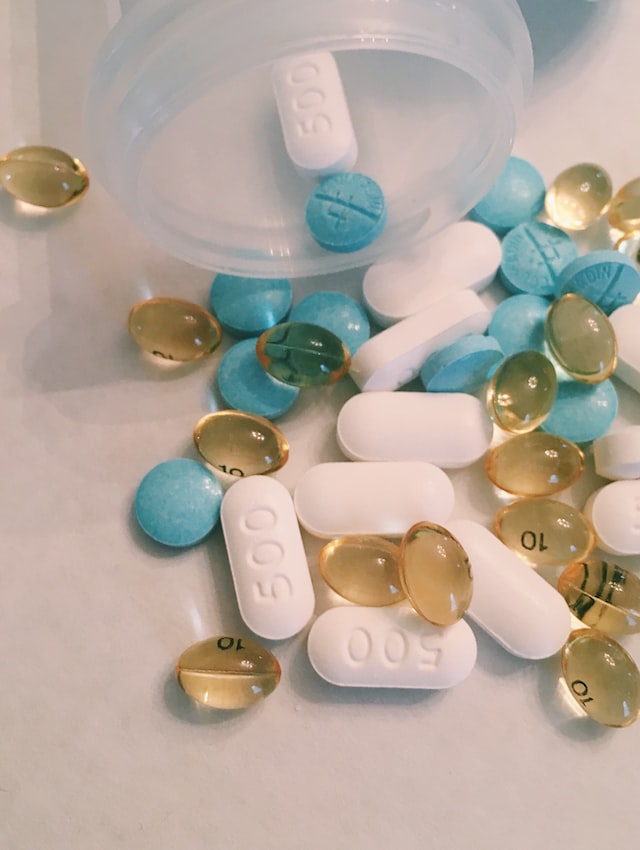
Also last year, the drug has been granted orphan drug status by the FDA for the treatment of bile duct cancer. This shows that it has very good prospects for the treatment of both hepatobiliary cancers.
According to an announcement from Genoscience Pharma, the FDA has granted orphan drug designation (ODD) to Ezurpimtrostat (GNS561), a PPT-1 (palmitoyl protein thioesterase-1) inhibitor for the treatment of patients with hepatocellular carcinoma (HCC).
"The FDA's orphan drug designation is an important milestone in the combination of genetic science and our product, as the FDA recognizes the potential of our treatment to improve the lives of patients with hepatocellular carcinoma," Dr. Philippe Halfon, CEO of Genoscience Pharma, said in a press release.
"We recently initiated a Phase 2b clinical trial using Ezurpimtrostat in combination with the standard immune checkpoint inhibitor Atezolizumab / Bevacizumab for the treatment of cancer and look forward to sharing interim results from this study in 2024.
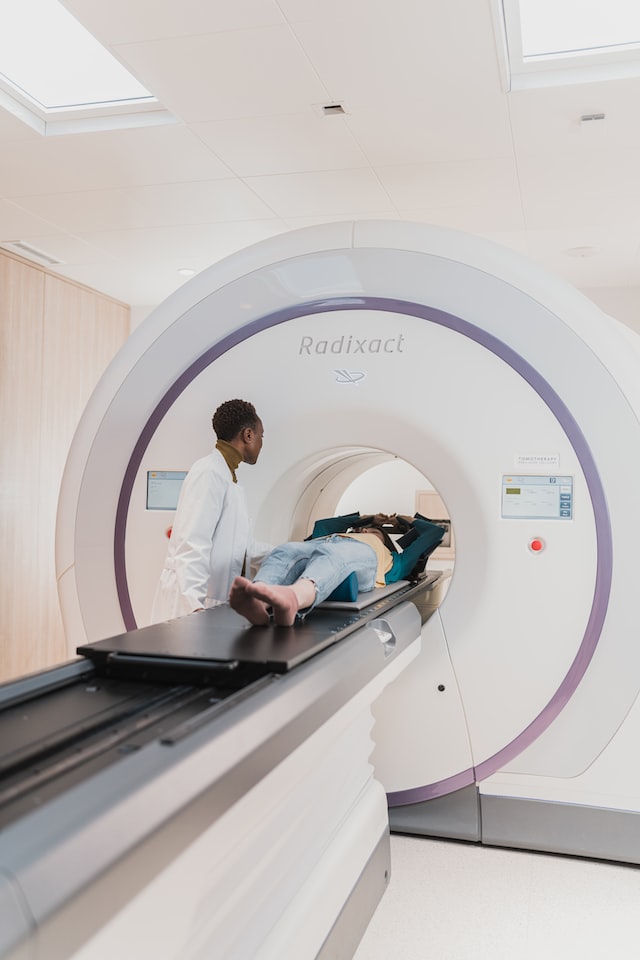
Liver cancer is the sixth most common cancer worldwide, with 35,563 new cases of liver cancer diagnosed in 2019, as well as 27,958 unfortunate deaths from the disease. the FDA typically grants orphan drug designation to certain drugs or biologics used to treat rare diseases or affecting fewer than 200,000 people in the United States.
Without immediate treatment for advanced progressive hepatocellular carcinoma, the average survival of patients is only 4-8 months. Although the immunotherapy + anti-vascular drug combination of Atezolizumab (Tecentriq) and Bevacizumab (Avastin), which is currently approved for marketing, has more than doubled the life expectancy of patients with liver cancer and improved patient outcomes, progression-free survival from this combination therapy remains short and patients still need more new treatment options.
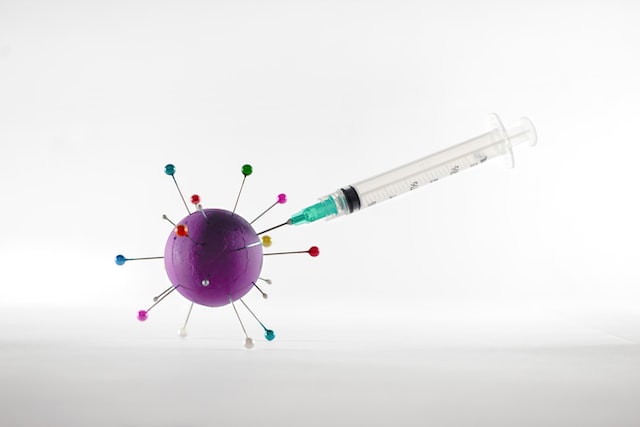
Ezurpimtrostat is a first-of-its-kind human autophagy inhibitor (PPT-1) with anti-cancer activity. Studies in in vivo models have shown that this agent, as a single agent and in combination with a checkpoint inhibitor, shows high hepatophilicity and potent anti-tumour activity. These data suggest that the addition of a PPT-1 inhibitor to an immune checkpoint inhibitor may lead to increased efficacy.
Tumour autophagy can be simply understood as a stress mechanism that occurs in tumour cells in response to various adverse situations that are detrimental to their development. For example, metabolic stress occurs when the microenvironment in which a tumour grows and develops encounters nutritional deficiencies, at which point the tumour cells can regulate and reconfigure their own metabolic pathways through autophagy to reverse the unfavourable situation. In some cancers, for example, when patients are treated with chemotherapy drugs, tumour cells may gradually become resistant to the drugs through autophagy when they feel a great threat. Therefore, inhibitors that target the tumour autophagy mechanism are expected to enhance the therapeutic effect and reduce tumour growth.
Preliminary data from a phase 1b trial (NCT03316222) suggest that single agent Ezurpimtrostat treatment is feasible and well tolerated in primary and secondary liver tumours.
Researchers noted that treatment with Ezurpimtrostat resulted in reduced PPT-1 expression in patients' liver cancer tissues. While no patients experienced complete tumour disappearance or substantial shrinkage, 25 patients' disease remained stable.
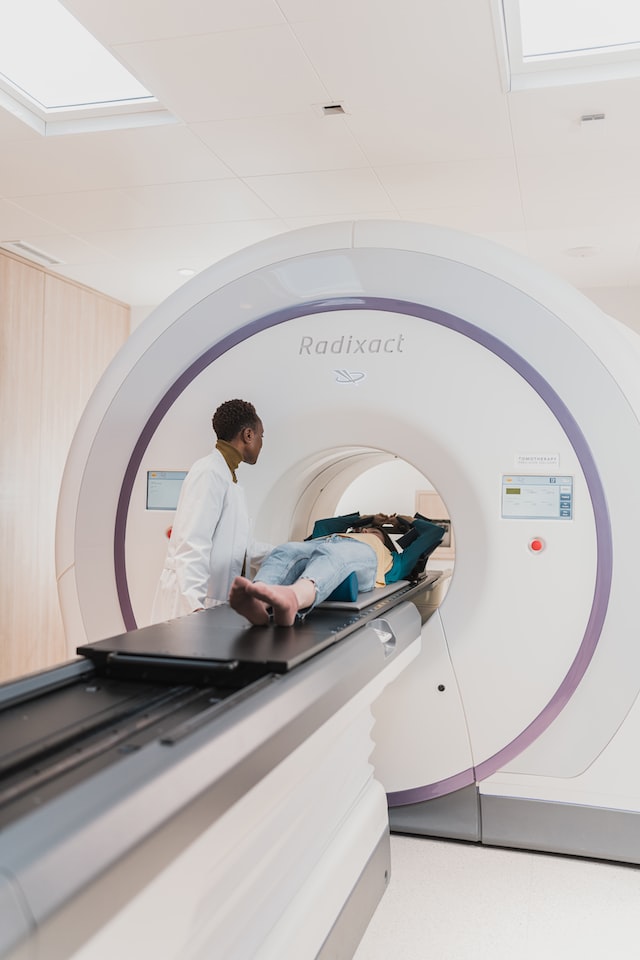
The drug is currently being studied in a Phase 2b clinical trial (NCT05448677) with a sample size of 196 patients in combination with a PD-L1 immune checkpoint inhibitor and an anti-vascular drug.
